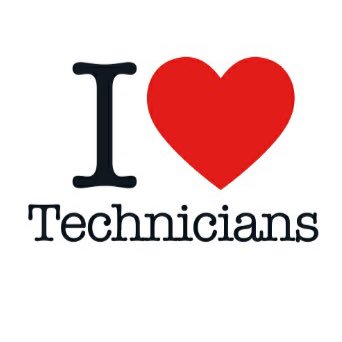
This week’s guest post is a member of a critical, but sometimes unsung, community at Edinburgh – our technical staff. Marianne Keith is currently a research technician based at The Roslin Institute, supporting the work of a Career Track Fellow into the prevalence of non-O157 E.coli in cow faeces across the UK.
I am currently working in a research environment, having chopped and changed several times since starting on my career path back in 2005. I left The University of Edinburgh with a BSc in Biological Sciences (with Honours in Microbiology) with a plan to get a job, save some money, and then do a MSc to bump up my BSc grade. Well once I started working, I never quite managed to start saving money, especially when I left home and I needed to pay for my new lodgings and all the associated bills.
I was actually offered a PhD in Combinatorial Chemistry early on, but declined, knowing virtually nothing about chemistry! Wanting to stay in science, I’ve used my lab skills in a variety of University technical positions. I was a teaching technician for a few years but have worked mainly in research labs, with this being my 4th research laboratory. 13 years out of University, I don’t have the same kind of focused expertise as PhDs or postdocs because no single post requires all the various skills which I have gained to varying levels of experience. Also, nowadays there are many more strengths and abilities which make up a valuable technician, beyond a range of wet lab techniques. Communication is key and I’ve developed a range of skills through my work, but been aware that might be more out there to learn.
This year I made a fantastic discovery. The IAD runs a plethora of courses, most of which are appropriate for both academic staff AND technical staff. There is a misguided assumption by many technicians (and also some academic staff) that the IAD only caters for people who are working towards or already have the initials “MSc” or “PhD” after their name.
I confess to feeling self-doubt when I hear post docs or PhD students present their work, as changing post repeatedly over the last few years has impacted on the depth of my knowledge. This probably influenced my decision to attend the “Assertiveness” course and recently the “Refining Your Presentation Skills” workshop and I can heartily recommend both. I did learn a considerable amount on each day, but most of all, I was made aware that there are other people who encounter the same difficulties in working life as I do. I left each workshop having met new supportive people, carrying a sense of well-being, and feeling slightly more confident each time than when I arrived.
I have now set myself a goal to work my way through all the IAD courses which I believe are relevant to my personal development (regardless of exactly which research project I may be attached to as my career continues), and I would encourage all technical staff to do the same and to take advantage of this excellent resource for professional development.
Many thanks Marianne! This post came about from a conversation between Marianne and Sara at the Technicians’ Support Steering Group which they both sit on. Today (May 30th) is the “Visibility, outreach and professional development – network event” for technicians, designed to raise awareness of the HEaTED network and various CPD opportunities.
Sara’s slides from the HEaTED event.
And don’t forget – The IAD is here to support all staff involved in teaching and research – we are equally welcoming to academic and technical staff. We’ll be publishing our new programme for 2017/8 over the summer so there’s still time to suggest ideas.


[…] I want to bring the focus back to technical staff. A few months ago, we had a guest blog post from Marianne Keith who discussed their story. Since then, I have met a few technicians around the university to ask […]